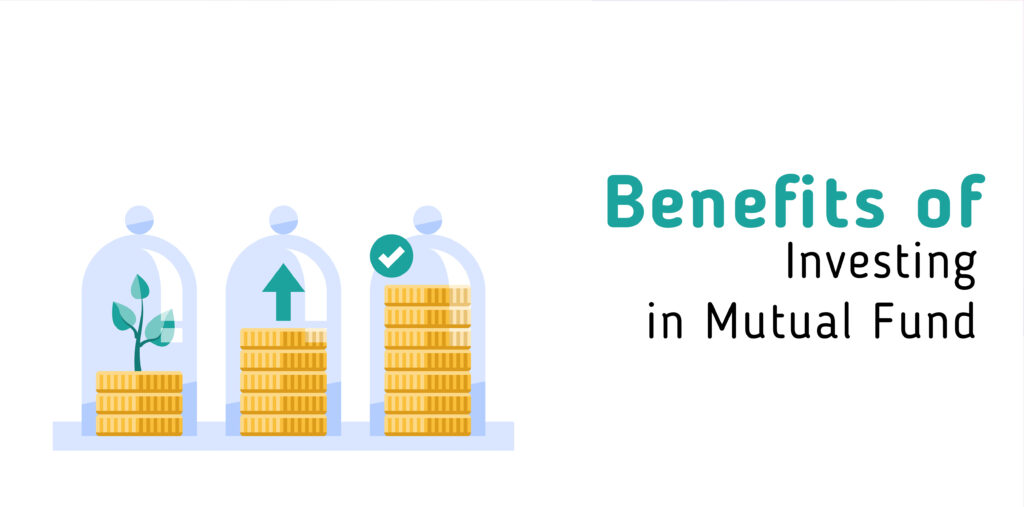Money Market Mutual Funds, often known as overnight or late-night mutual funds, are based on the short-term interest rate in the market. It comprises of commercial papers, commercial bills, treasury bills, government securities with a remaining term of up to 365 days, call or notice money, certificates of deposit, usance bills, and any other analogous instruments as determined from time to time by the Reserve Bank of India. High levels of safety and modest rates of return set it apart.
Commercial paper is a popular type of borrowing due to its higher interest rates and longer maturities. Money market transactions are large-scale transfers between financial institutions and corporations. By purchasing money market funds, CDs, municipal bonds, Treasury bills etc., every individual may invest in the money market.
What are the advantages and disadvantages of money market mutual funds?
The benefits and downsides of money market mutual funds are as follows:-
As money markets frequently invest in low-risk securities like certificates of deposit (CDs), Treasury bills (T-bills), and short-term commercial paper, they are viewed as being less risky than the stock and bond markets.
The negative is that their interest rates are extremely low and are unable of keeping up with inflation.
- Money markets are relatively liquid, which means they may be easily swapped for cash at short notice; nevertheless, some money market instruments are not FDIC guaranteed, and even the most trustworthy borrowers may default.
- The money market is a market for liquid, very secure, short-term debt products that offer greater rates than most traditional bank accounts, which may have large minimum investment requirements or withdrawal significant constraints.
- According to research, the two safest solutions as in for short-term investment alternatives are money market accounts and money market funds. You can keep your money in money market accounts, often known as CDs, until it matures, which could be months or years from now.
- Banks and credit unions provide money market accounts, which frequently pay greater interest rates than traditional savings accounts. Debit cards and check-writing capabilities may also be included. While, equally the downside is banks usually need a minimum initial deposit to open an account, and balances must be kept above a certain level while the account is open, with limited transactions, fees, and minimum balance requirements.






